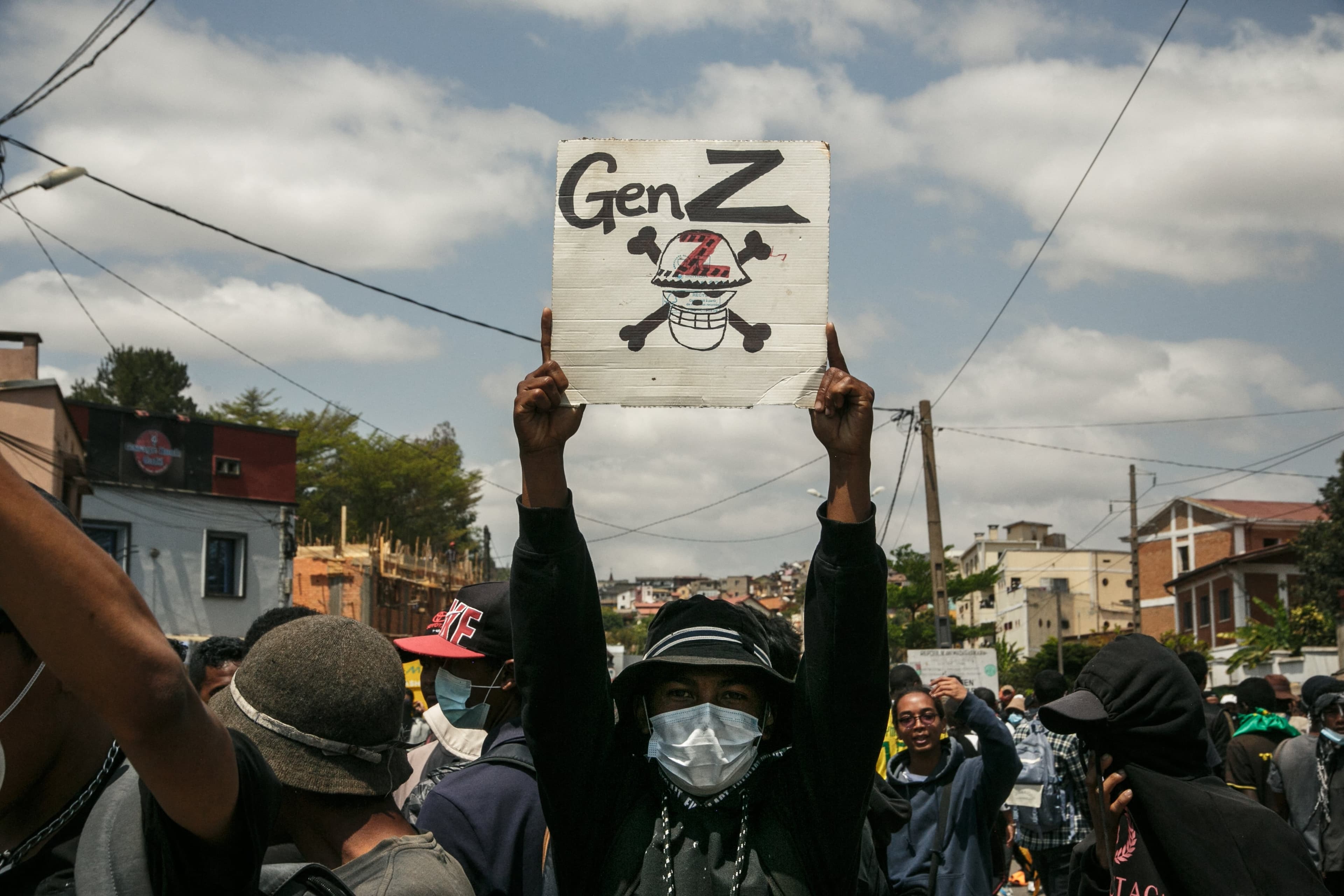We're loading the full news article for you. This includes the article content, images, author information, and related articles.
Across Africa, a stark generational divide pits long-serving, elderly leaders against the continent's overwhelmingly young population. For Kenya, this continental tension is mirrored in a digitally-savvy youth increasingly demanding economic opportunity

Africa is the world's youngest continent, with a median age of approximately 19 years, yet its leadership is among the oldest globally. This demographic paradox is creating a volatile political landscape where the aspirations of a digitally connected Generation Z are increasingly clashing with the entrenched power of octogenarian rulers. As of October 2025, leaders like Cameroon's 92-year-old President Paul Biya, in power for over four decades, and Uganda's 81-year-old Yoweri Museveni, who has ruled since 1986, exemplify this continental trend. The average age of the ten oldest African leaders stands in stark contrast to the youthful populations they govern, creating a profound disconnect in policy priorities and governance styles.
In Kenya, this generational tension is palpable. With over 75% of its population under the age of 35, the country is a demographic powerhouse. However, this youth bulge faces significant headwinds, including high unemployment and the rising cost of living, which are their top concerns according to a 2024 Afrobarometer survey. Despite being more educated than previous generations, 43% of Kenyan youth are unemployed and actively seeking work. This economic precarity, coupled with perceptions of widespread corruption, has fuelled widespread disillusionment. The result has been a surge in youth-led activism, most notably the #RejectFinanceBill protests in mid-2024, where Gen Z utilized social media platforms like TikTok and X (formerly Twitter) to organize nationwide demonstrations against proposed tax hikes. These protests forced a significant policy reversal from President William Ruto's government and signalled the arrival of a new, potent political force.
The Kenyan experience is not isolated. Across East Africa and the continent, youth-led movements are challenging the status quo. In Uganda, activists inspired by their Kenyan counterparts have organized protests against corruption. In Senegal, youth mobilization was critical in opposing the postponement of the 2024 presidential election. Similar Gen Z-led protests against corruption and poor governance have erupted in Madagascar, Morocco, and Nigeria. These movements are characterized by their decentralized, leaderless nature and their adept use of digital tools to coordinate and amplify their message, often bypassing traditional political parties and unions. This cross-border solidarity, amplified by digital networks, indicates a broader continental trend of young citizens demanding greater accountability and a tangible stake in their future.
Despite this rising activism, significant barriers to formal political participation remain. Young people in Kenya and across Africa are less likely to vote or formally engage with political parties compared to their elders, citing financial barriers, systemic gatekeeping, and a general mistrust of the political establishment. While youth comprise 35% of political party membership in Kenya as of 2022, their representation in parliament and county assemblies remains low. Many youth appointments are viewed as tokenistic, lacking real influence on policy. The challenge, therefore, is to translate the energy of street protests into sustained institutional influence. For this to happen, analysts argue that governments must move beyond viewing their youth populations as a threat and instead create genuine avenues for participation. Failure to address the core grievances of unemployment, corruption, and exclusion risks further instability, as a generation empowered by technology and united by shared frustrations is increasingly unwilling to wait for change.
Keep the conversation in one place—threads here stay linked to the story and in the forums.
Other hot threads
E-sports and Gaming Community in Kenya
Active 8 months ago
The Role of Technology in Modern Agriculture (AgriTech)
Active 8 months ago
Popular Recreational Activities Across Counties
Active 8 months ago
Investing in Youth Sports Development Programs
Active 8 months ago
Key figures and persons of interest featured in this article